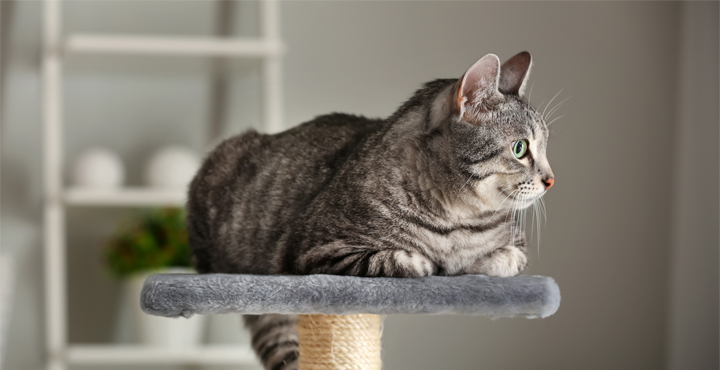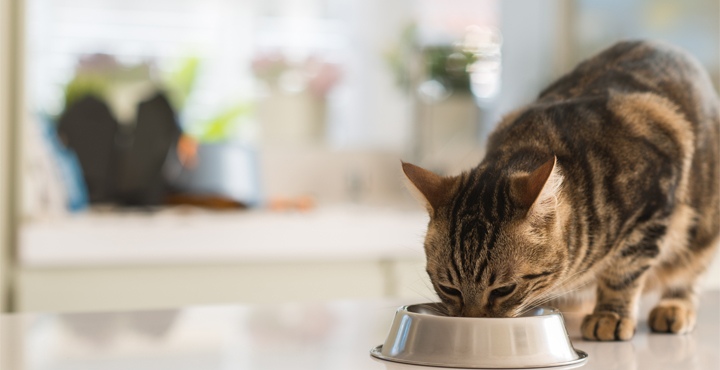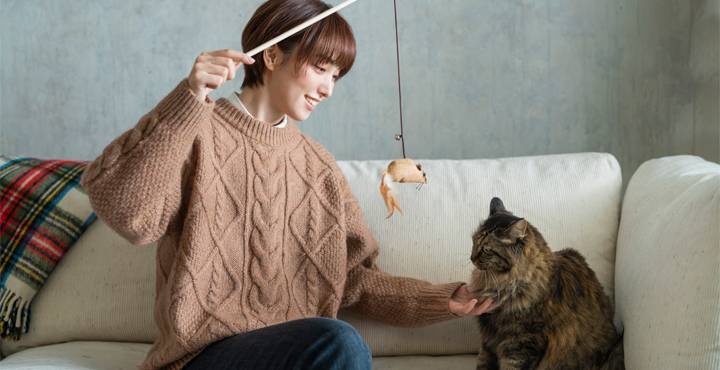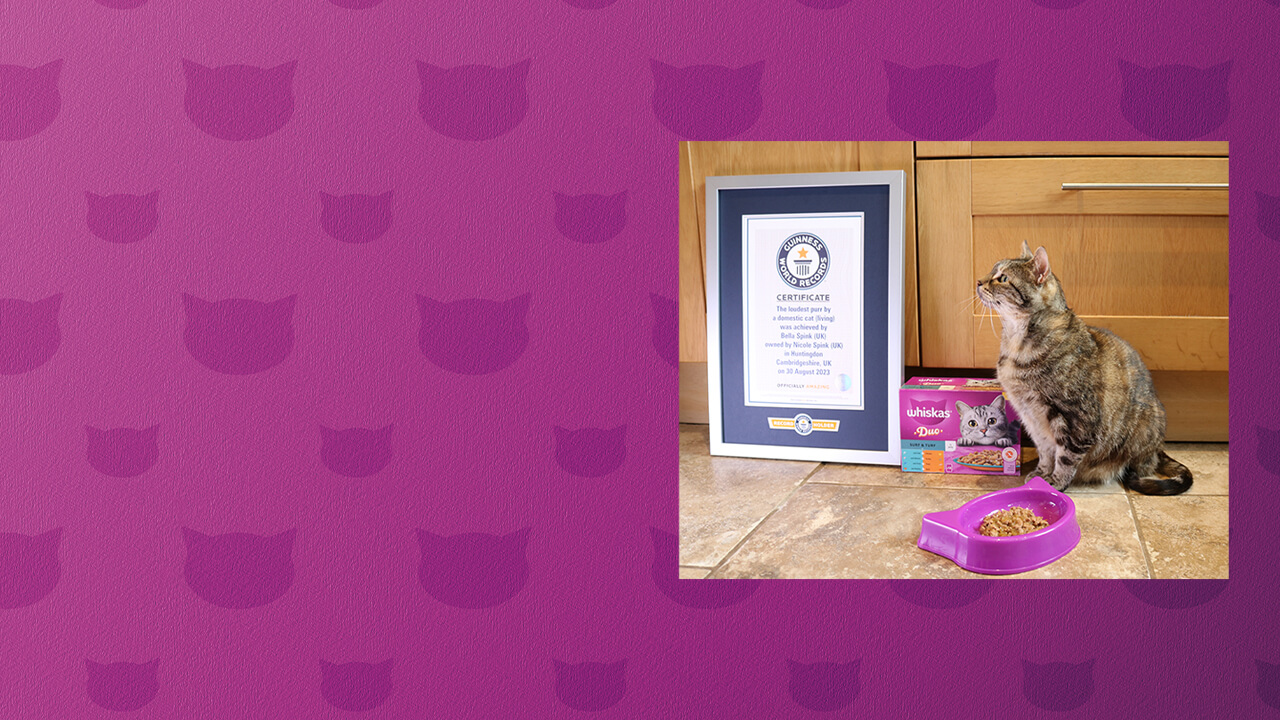
As your cat gets older, you may find yourself taking them to the vet a little more often. By giving them regular check-ups at home – along with lots of care and attention, of course! – you’ll be able to help identify if there's a problem, and ensure that it’s treated properly.
Common health issues
Here’s a list of common things that might affect your cat as they get older:
• Urinary tract issues
• Heart problems
• Joint issues - Keep their joints healthy from the start with our Whiskas® Healthy Coat Cat Treats
• Cataracts
• Oral health issues
Eyes and ears
Check your cat’s eyes to see if they're developing cataracts – a clouding of the lens in the eye. If your cat has cataracts, you'll notice a misty, grey blurring in their eyes. As the cataracts develop, your cat will gradually be able to see less and less.
As they get older, your cat might also begin to have trouble hearing. As a natural hunter, your cat has relied on their sensitive ears throughout the course of their life, so be aware of any changes in their behaviour.
Even if your cat does become either blind or deaf, they can still enjoy a happy and otherwise healthy life. Just keep the house is free from potential hazards, and try to make sure they don't get themselves into any difficult situations.
Your cat’s teeth
In their later years, your cat may develop sore gums, bad breath, or even lose some of those sharp hunter’s teeth. If you’re worried about their oral health, your vet may recommend an operation – however, if your cat is very old this may not be advisable.
You can help soothe your cat’s sore gums by giving them wet food like Whiskas® Pouches Senior or Whiskas® Oh so… Senior. Alternatively, try soaking their dry food in a little water to make it nice and soft.














